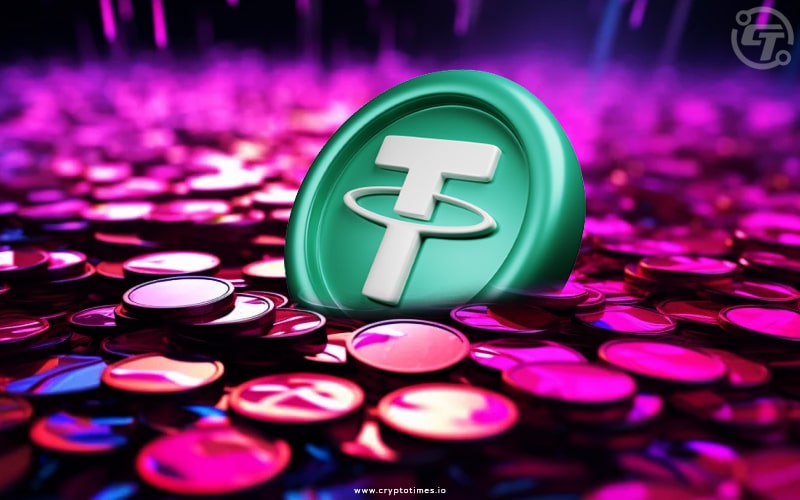Cryptocurrency stablecoin provider Tether recently challenged a United Nations (UN) report connecting its popular USDT token to increased illegal activity in Asia.
The UN report highlighted the use of Tether’s USDT token, especially on the TRON network, by organized crime groups in East and Southeast Asia for money laundering and unlicensed online gambling.
In response, Tether expressed disappointment with an unfair focus on USDT. The company emphasized cooperation with law enforcement worldwide, including freezing over $300 million in suspicious transactions in recent months.
Tether also noted the UN report’s acknowledgement of Tether assisting authorities, such as voluntarily blocking $225 million linked to human trafficking.
However, Tether did recognize ongoing debates regarding the stability and backing of USDT, pegged to the US dollar. USDT’s market value recently surpassed $90 billion as adoption spread, causing rating agency S&P Global to critique Tether’s ability to maintain the peg.
Ultimately, Tether called for more collaborative dialogue with the UN to address cryptocurrency concerns. The company seeks a balanced perspective, accounting for stablecoin benefits and Tether’s compliance efforts against crime and money laundering—portraying itself as an ally to regulation.
Tether also contended crypto transactions have more traceability and transparency than traditional finance, citing its addition of the US Secret Service to help investigations. Tether hopes for updated regulatory frameworks that tap blockchain’s potential while hindering misuse.
Tether aims to counter accusations of enabling illegal Asian markets by underscoring its dedication to fighting crime and working alongside authorities. But questions around USDT’s backing and role in emerging economies persist as adoption accelerates globally.
Also Read: U.S. Financial Firms Favor Circle’s USDC Over Tether’s USDT






